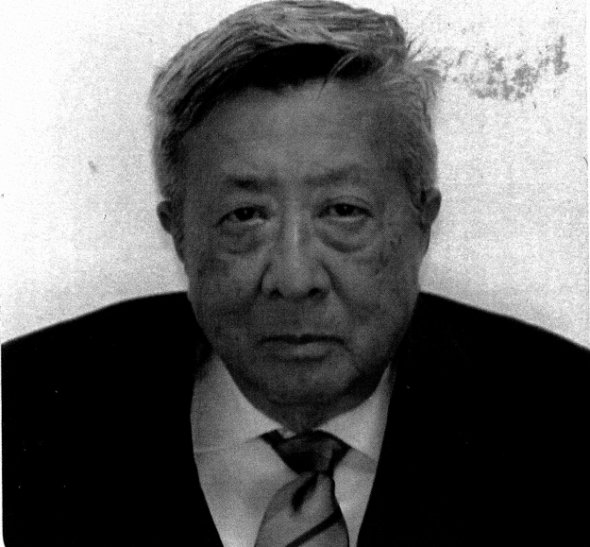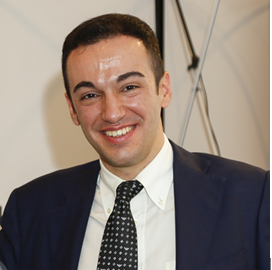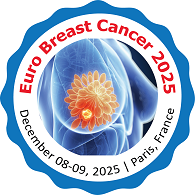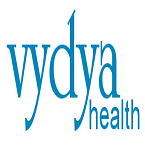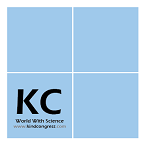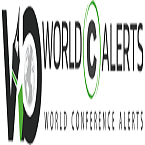Sessions and Tracks
1. Advancements in Early Detection and Screening
This session will focus on the latest innovations in breast cancer screening, including 3D mammography, digital breast tomosynthesis, and MRI techniques. Experts will explore how artificial intelligence and risk-based screening are transforming early detection protocols. Discussions will address strategies to improve access to screening, reduce false positives, and personalize approaches for high-risk populations. The session aims to identify how early and accurate detection can directly impact patient outcomes and survival rates.
2. Precision Medicine and Genomics in Breast Cancer
This session delves into the role of genomics and personalized medicine in tailoring breast cancer treatment. Attendees will learn how molecular profiling, next-generation sequencing, and genetic testing are being used to customize care plans. Speakers will discuss biomarkers such as BRCA mutations, HER2, and hormone receptors, and their implications in therapy decisions. The goal is to highlight how personalized treatment approaches are improving efficacy, minimizing toxicity, and advancing the future of oncology.
3. Immunotherapy and Emerging Targeted Therapies
Explore how immunotherapies and novel targeted treatments are reshaping breast cancer care. This session will cover immune checkpoint inhibitors, cancer vaccines, and CAR-T cell therapies in clinical trials. Discussions will also address PARP inhibitors, CDK4/6 inhibitors, and antibody-drug conjugates. Attendees will gain insights into the latest research, real-world case studies, and the promise of combining immunotherapy with traditional modalities for better clinical outcomes.
4. Triple-Negative Breast Cancer: Challenges and Innovations
This session will examine the complexities of diagnosing and treating triple-negative breast cancer (TNBC), a subtype with aggressive behavior and limited targeted treatment options. Topics include the biology of TNBC, the role of immune checkpoint inhibitors, and novel clinical trials. Experts will explore recent breakthroughs and future strategies for overcoming resistance and improving prognosis for this difficult-to-treat cancer.
5. Hormone Receptor-Positive Breast Cancer
Focusing on estrogen and progesterone receptor-positive (HR+) breast cancer, this session explores endocrine therapy developments and resistance mechanisms. Discussions will cover selective estrogen receptor degraders (SERDs), aromatase inhibitors, and the integration of CDK4/6 inhibitors. Attendees will learn about personalized approaches and long-term treatment strategies aimed at disease control and quality-of-life improvement for HR+ patients.
6. HER2-Positive Breast Cancer: Latest Treatment Strategies
This session reviews the therapeutic landscape for HER2-positive breast cancer, a subtype with significant advancements in targeted therapy. Topics include HER2-targeted monoclonal antibodies, tyrosine kinase inhibitors, and antibody-drug conjugates like trastuzumab deruxtecan. Experts will evaluate current treatment algorithms and emerging trials aiming to further improve survival and reduce relapse.
7. Surgical Advances in Breast Cancer Management
Gain insight into modern surgical approaches for breast cancer, from breast-conserving surgery to mastectomy with reconstruction. This session will cover sentinel lymph node biopsy, oncoplastic techniques, and trends in minimally invasive procedures. Experts will also address surgical decision-making based on tumor biology and patient preference, aiming for oncological safety with optimal aesthetic outcomes.
8. Radiation Therapy and Technological Innovations
Explore the evolution of radiation therapy in breast cancer care, including hypofractionation, proton therapy, and intraoperative radiation. This session will present current evidence on dosing regimens, late effects, and combination with systemic therapy. Emphasis will be placed on reducing toxicity while maintaining therapeutic efficacy, especially for young women and patients with complex disease profiles.
9. Breast Cancer in Young Women
This session focuses on the unique clinical and psychosocial challenges of breast cancer in premenopausal women. Topics include fertility preservation, genetic risk assessment, and treatment-related toxicity. Experts will also address survivorship issues, pregnancy after cancer, and support systems for younger patients facing aggressive disease at a formative stage in life.
10. Metastatic Breast Cancer: Quality of Life and Care
Learn about the management of metastatic breast cancer with a focus on prolonging survival and improving quality of life. Discussions will cover current systemic therapy options, palliative care integration, and advances in supportive treatments. The session also addresses the psychological and emotional aspects of living with metastatic disease and strategies for holistic care.
11. Breast Cancer Prevention and Risk Reduction
This session examines preventive strategies including lifestyle modification, chemoprevention, and prophylactic surgery for high-risk individuals. Attendees will learn about risk assessment tools, genetic counseling, and public health initiatives aimed at reducing incidence. Experts will also discuss the role of patient education and healthcare policies in promoting early intervention.
12. Artificial Intelligence and Digital Health in Oncology
Explore how AI and digital health tools are transforming breast cancer diagnosis, prognosis, and treatment planning. This session will showcase innovations such as AI-assisted mammography, predictive analytics, and digital pathology. Presenters will highlight how technology is enhancing clinical decision-making, reducing diagnostic errors, and enabling personalized care.
13. Psychosocial Support and Survivorship in Breast Cancer
This session emphasizes the importance of mental health, emotional resilience, and social support throughout the cancer journey. Topics include managing anxiety, body image, and post-treatment fatigue. Attendees will gain insights into survivorship care plans, community-based interventions, and the role of psycho-oncology in improving long-term patient outcomes.
14. Drug Development and Clinical Trials in Breast Cancer
A deep dive into the drug development pipeline, this session covers the design and implementation of clinical trials for breast cancer therapies. Experts will discuss trial phases, patient selection, ethical considerations, and global regulatory pathways. Participants will also explore how innovative trial designs, such as basket and umbrella trials, are accelerating access to new treatments.
15. Global Disparities and Access to Breast Cancer Care
This session brings attention to inequalities in breast cancer diagnosis and treatment across low- and middle-income countries. Experts will explore barriers to care, including cost, infrastructure, and cultural stigma. Strategies for building global partnerships, expanding access to diagnostics, and training local healthcare providers will be presented, with a focus on improving outcomes worldwide.
Market Analysis
Euro Breast Cancer And Therapeutics Market Overview
The Euro breast cancer therapeutics market continues to witness robust growth, driven by rising breast cancer incidence, increasing awareness, technological advancements, and the expansion of personalized medicine. According to recent industry reports, the breast cancer therapeutics market was valued at approximately USD 32 billion in 2023 and is projected to reach USD 55 billion by 2030, growing at a CAGR of 8.1% during the forecast period.
Key growth factors include the rapid adoption of targeted therapies, hormonal treatments, immunotherapy, and genomic testing. The market is further fueled by the growing use of AI in diagnostics, increased investment in clinical trials, and government initiatives promoting early detection and screening.
Europe remains a significant player in the global landscape, with countries like France, Germany, and the UK actively investing in cancer research, national screening programs, and access to innovative therapies. The European breast cancer diagnostics market alone is forecasted to grow at a steady pace, driven by advancements in imaging technology and molecular testing.
Paris, as a leading hub for medical research and innovation, is an ideal host city for the 13th Euro Breast Cancer and Therapeutics Conference. The event provides a unique opportunity for stakeholders—ranging from clinicians and researchers to pharmaceutical companies and investors—to explore emerging trends, share research outcomes, and identify collaboration opportunities that drive market progress.
